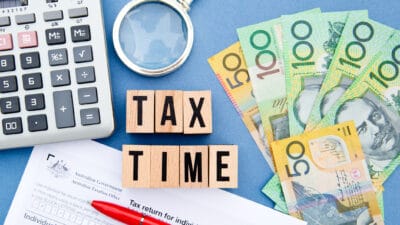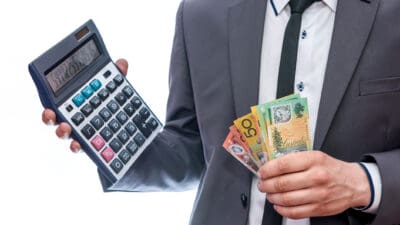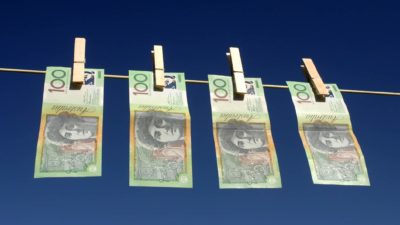How fast has this year gone? Believe it or not, tax time begins this weekend.
And tax returns can get complicated. No matter where you live or what your circumstances are.
To assist investors of ASX shares, Fairmont Equities dealer's assistant Lauren Hua recently picked out five not-so-obvious issues that a regular punter may skip over if they're not careful:
1. Inherited shares
The first thing here to remember is that capital gains tax is only an issue when the inherited ASX shares are sold. Receiving them is a non-event.
But once they're offloaded, the starting price — the cost base — to calculate the capital gain can be different according to circumstances.
"If the deceased [bought] the shares before 20 September 1985, then the cost base is the market value of the asset on the day the person died," Hua said on the Fairmont Equities blog.
"If the deceased [bought] the shares after 20 September 1985, then the cost base will be when the deceased originally bought the shares."
2. Dividend reinvestment plans (DRP)
DRPs are an excellent way for investors to take advantage of the power of compounding.
But they can be a pain at tax time.
Hua warned that every time an investor partakes in a DRP, the buy price for those shares will become part of the cost base.
"Hence it is important that the investor maintains good record keeping," she said.
"This is so the cost base can be accurately… calculated to determine whether a capital loss or gain is made when the shares are disposed of."
3. Shares given as a gift
When shares are transferred to another person as a present, for tax purposes that counts as a sale.
So a capital gains event is triggered.
"The person receiving the gift of shares will use the market value on the day the shares were given to them as the cost base," said Hua.
"If the market value of the shares at the time of transaction was higher than when the giver purchased the shares, then they will have to be subjected to capital gains tax. If the giver made a capital loss then they can use this to offset any capital gains."
4. Are you a stock trader or investor?
At The Motley Fool, we talk a lot about the difference between a trader and an investor in terms of stock strategy and financial outcomes.
But, believe it or not, the Australian Taxation Office also cares which one you are.
For investors, Hua warned, capital losses can only be offset against capital gains — not their regular income.
This disadvantage is somewhat countered by the fact that investors have access to a 50% capital gains tax discount if they've held the shares for longer than 12 months.
Those who trade for a living cannot do this.
"However, a share trader can use proceeds from sale of stocks as assessable income and use share trading losses to offset other ordinary income," said Hua.
"Traders can also use transaction costs as an allowable deduction."
How does the ATO distinguish whether you are an investor or trader?
It all depends whether it thinks you are selling and buying shares for a living.
"The tax office will look at whether the taxpayer is carrying on a business of share trading by examining whether there is a purpose of making a profit from shares, how repetitive and regular trading occurs, whether the share trading is operated like a business (i.e. are there are good records being kept, a registered business name) and the amount of capital which is invested."
5. Overseas shares
According to Hua, the ATO has tax treaties with many other nations so that Australians who hold foreign shares are not double-taxed.
For many Australians, the most prevalent case would be holding US stocks in their portfolio.
"The W8 BEN form allows foreigners to claim tax treaty benefits," said Hua.
"If an investor receives a dividend from an international holding then they may be subjected to withholding tax that is approximately 15%. The tax treaty however allows investors a tax credit for the tax that they have already paid."








